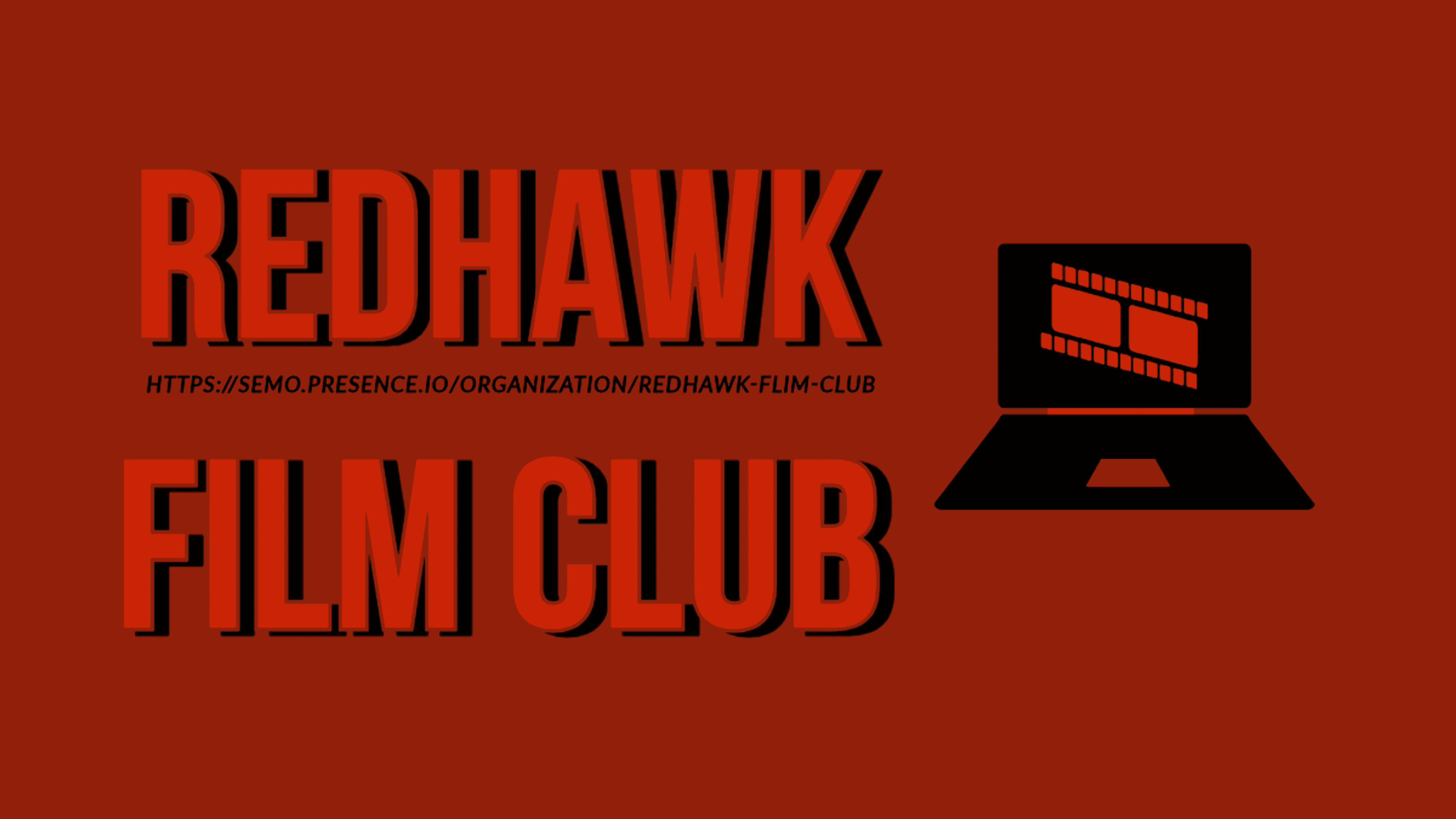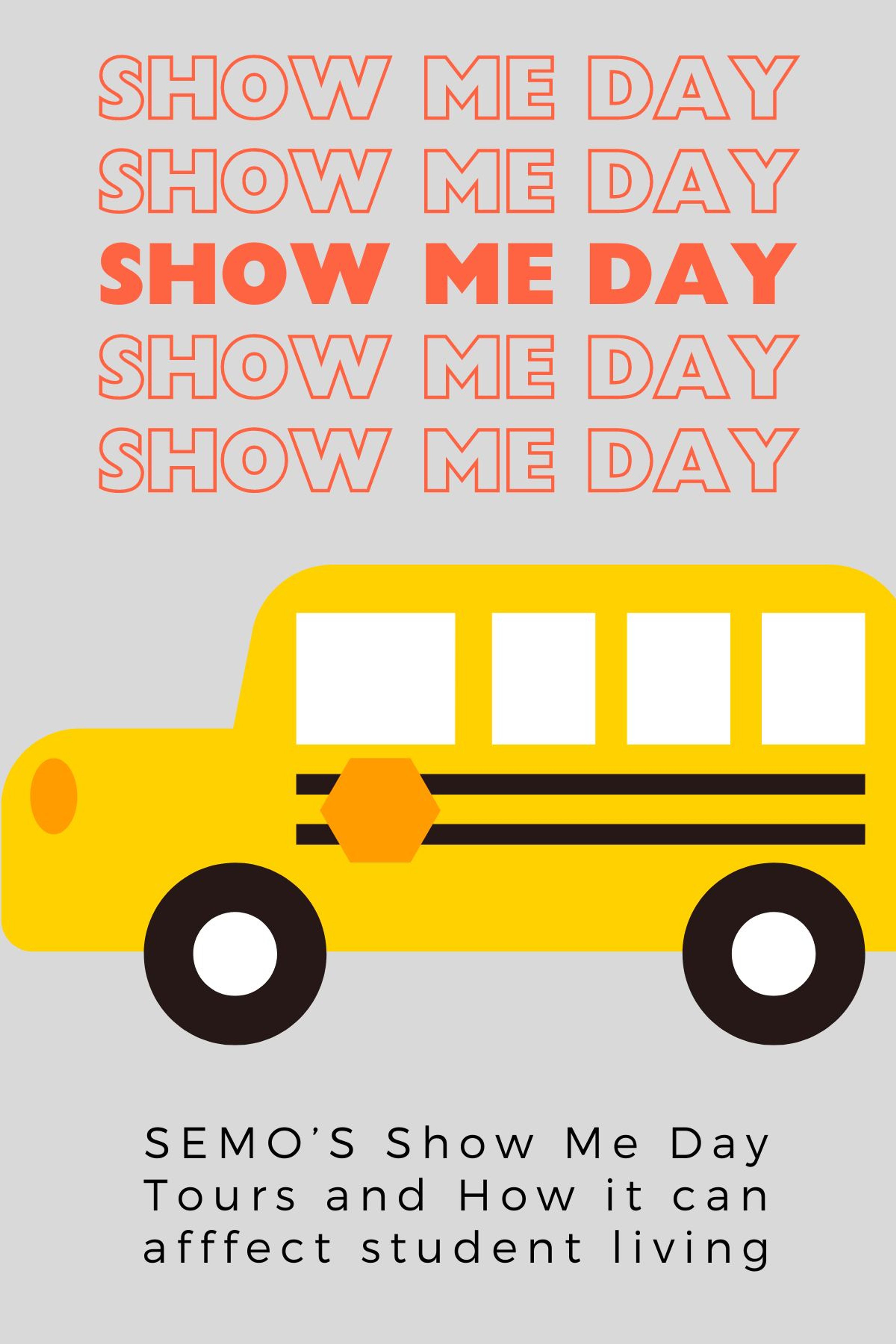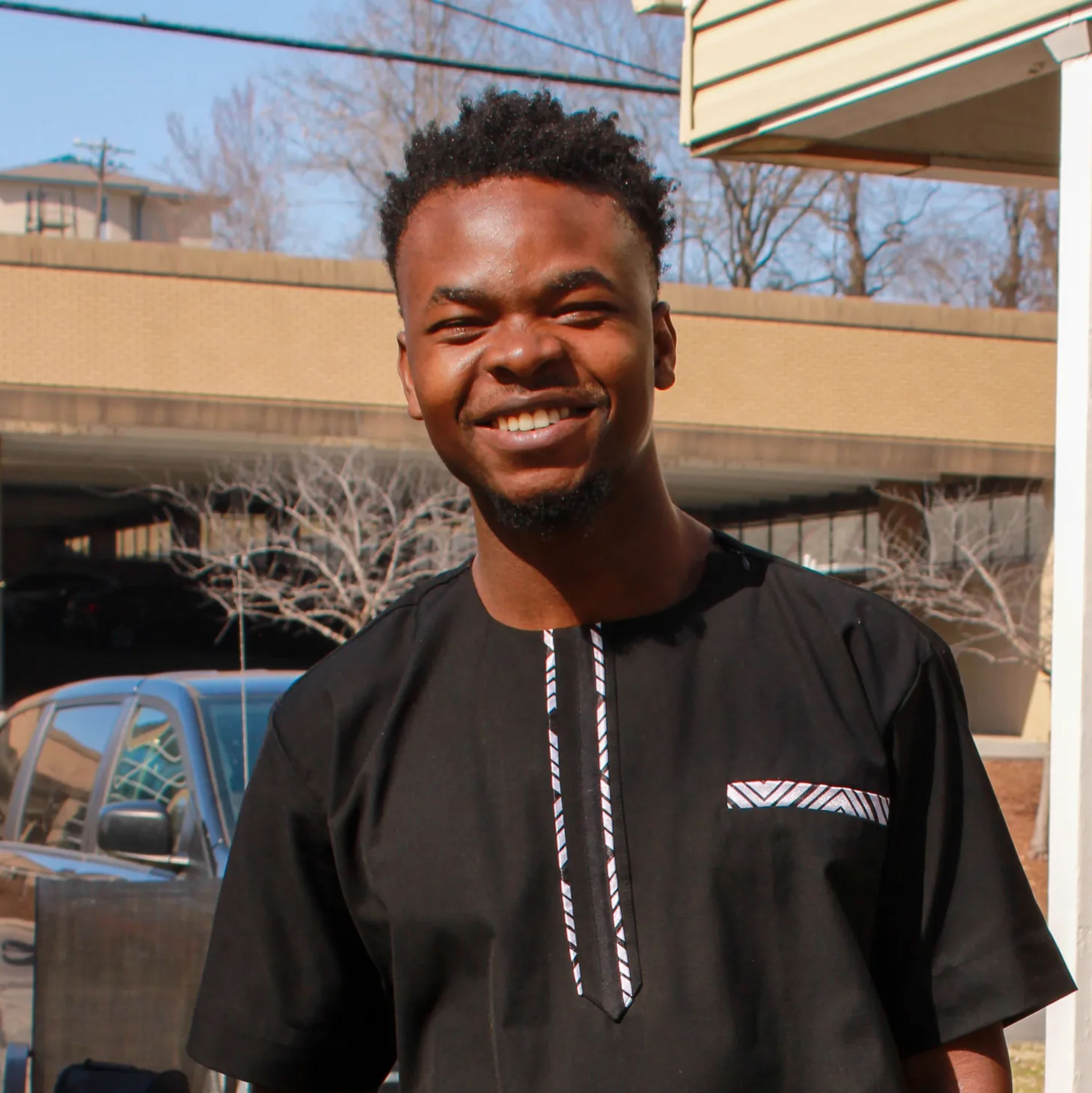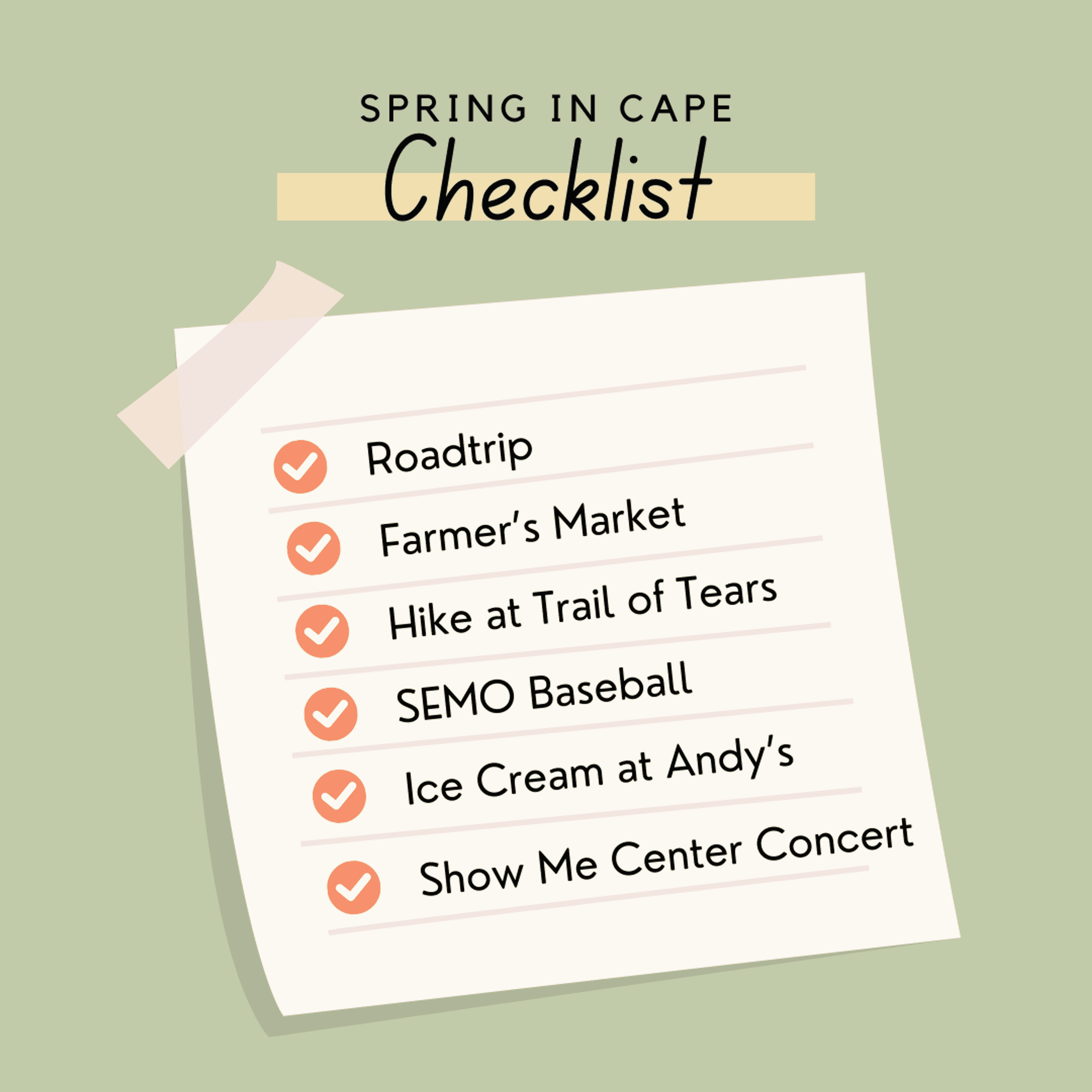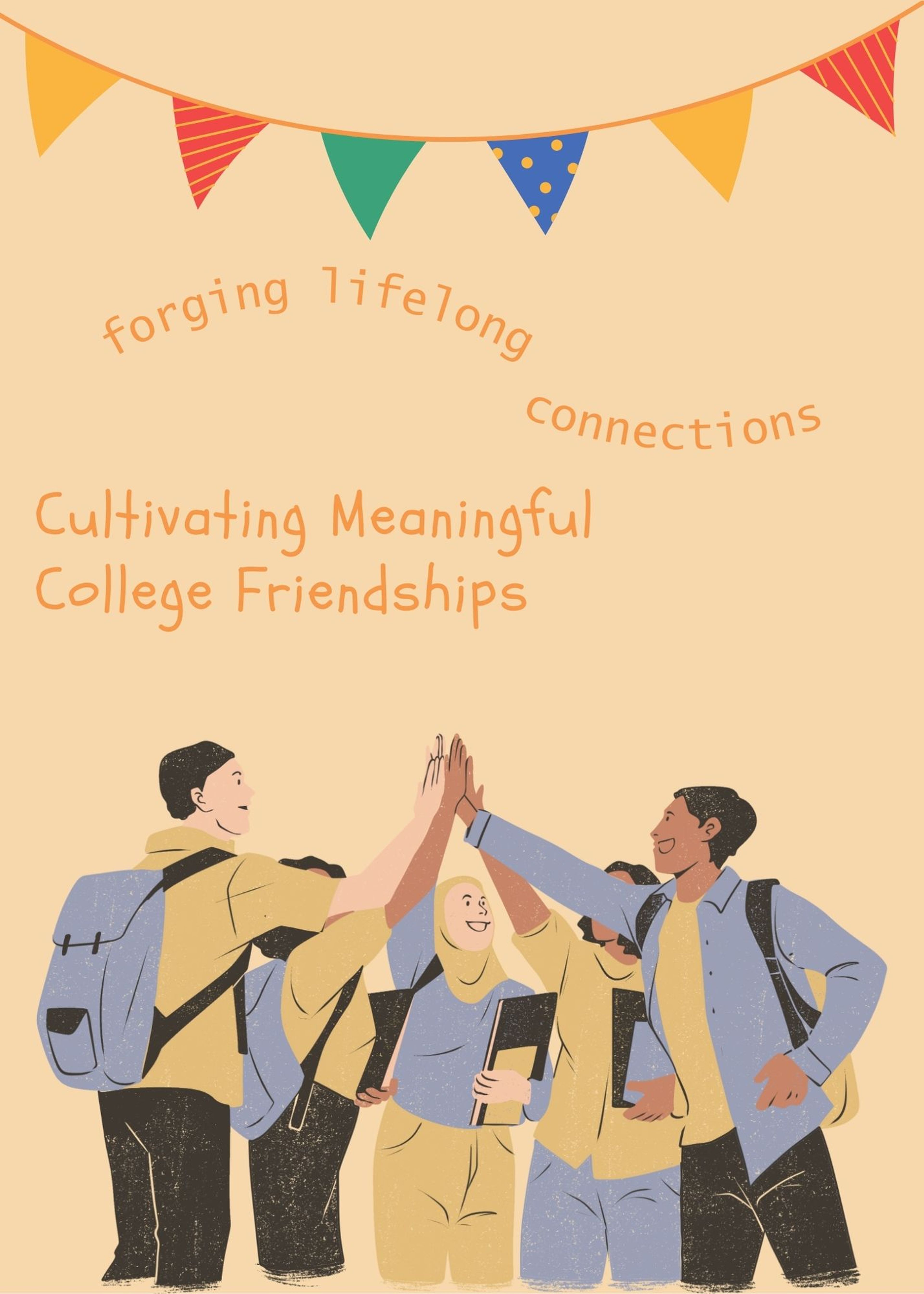“Gossip is as old as people are. That is something that has been going for a long, long time,” associate professor in the Department of mass media Sarah Cavanah said.
Comedic social media outlets like Yik Yak and Barstool are a modern way to easily spread rumors and discuss the community without the risk of face-to-face confrontation.
For just a few hours a post on SEMO Yik Yak account might get more than 50 reactions. Some students actively use this platform to discuss hot topics.
Yik Yak and Barstool allow users to post any kind of information that they find interesting or funny. This often includes gossip, complaints about people’s behavior, or making fun of others’ failures.
“If you're anonymous, and you can be your true self, you don't have to worry about social pressure. Especially people who have identities that are not accepted in the mainstream. You can be who you truly are,” Cavanah said. “Unfortunately, though, it was not who you truly are. It was the worst version of yourself. It is what anonymity tends to push for.”
Dr. Cavanah thinks anonymity can be used for the good, but social media outlets should be well moderated for that purpose.
“Anonymous networks would be a wonderful place if they're managed well, but that involves a lot of moderation. Where you're trying to weed out the people who are bad actors and creating these networks to go down,” Cavanah said.
Anonymity seems to make users of social media outlets feel free from social pressure. It allows people to freely share their opinions and thoughts about the community they live in, and they are not always positive.
Dr. Cavanah thinks that by contributing to the spread of gossip and online confrontations, users risk harming their peers and themselves.
“The more they gossip, the worse they tend to feel. But in this online stuff, that can happen too. So when you are engaging in hate or engaging in these negative portrayals, what it actually does is it cuts you,” Cavanah said.
Instructor in the psychology and counseling department and licensed psychologist Shawn Guiling thinks that people who spread negativity in social media outlets do not always realize the possible consequences.
“If we think psychologically, it may be that they have a low self-esteem, that they feel negative about their situation. And so it's like if I'm going to feel bad, I want to lash out at others so they'll feel bad too. But that's misguided if they believe that that will make them feel better, because then they still feel bad and now other people feel bad too,” Guiling said.
Guiling thinks the best way to resolve conflicts is face-to-face and minimize the risk of misunderstanding and hurting each other.
“More in-person and less anonymous is going to be better. It's still too easy to say things that people don't mean if nobody's there watching you and they're just being anonymous. They could type anything. But people don't like confrontation, so they don't like face-to-face. But still that would be the most meaningful closure,” Guiling said.
Negativity on social media outlets makes some students try to avoid them.
Sophomore respiratory therapist major Paige Greco said that even though she understands why other students might like these social media outlets, she prefers not to use them.
“I understand that people like being able to have a voice without having their name attached to it, but I feel like sometimes it gets used really negatively. So I try to avoid them because I don't like the negative side of social media,” Greco said.
Some students think that it is a problem that Yik Yak allows users to discuss others without these people's consent.
Junior psychology major Gretchen Wood said that even positive comments about her on Yik Yak made her feel uncomfortable.
“I've had Yik Yak posted about me. They didn't make me feel comfortable. They were positive ones, but I still felt uncomfortable with them being posted. I wouldn't have known if I didn't see it,” Wood said.
But sometimes, discussions on social media outlets help students feel better, especially during stressful periods of school life.
“It can also be used during stressful situations like finals week or midterms. I like seeing people post inspirational messages to everyone in the school community. Talking about finals or uplifting each other instead of hating each other for once,” Wood said.
Some students suppose these social networks can be used not to harm others but to entertain.
Junior middle school English Education major Abigail Crowder said that intentions usually are not to be harmful, but to be funny.
“I've had my friends posted on there. They knew that it was gonna be posted, and it was one of their friends who sent it to Barstool. It was a fun surprise to actually see it,” Crowder said.
While some students see positive aspects of anonymity and freedom to post whatever one would like, others are concerned about the consequences of these actions. However, it is up to each student whether to contribute to or avoid these social media outlets.
